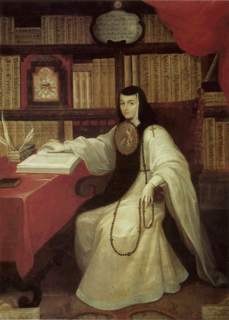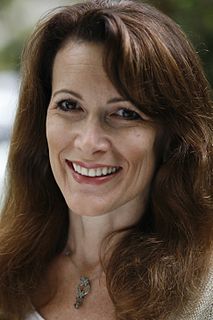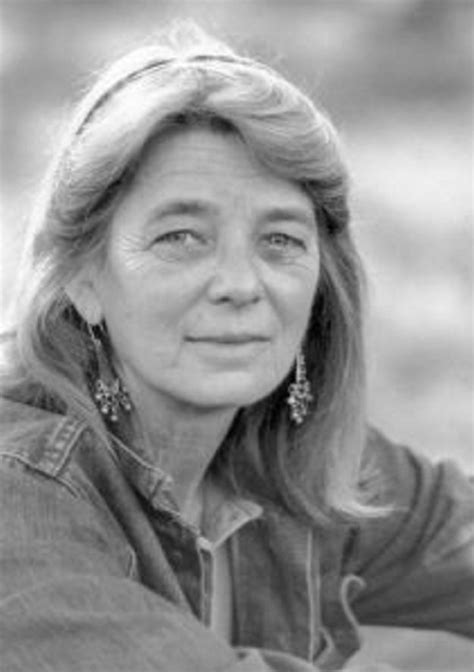A Quote by Jesmyn Ward
I would encounter W. E. B. Du Bois and the term double consciousness. When I read it, I thought about sitting in my mother's employer's family room, watching my mother clean while I waited for her to finish so we could go home.
Related Quotes
At a certain point the family moved to Jaipur, where no woman could avoid the doli or purdah. They kept her in the house from morning to night, either cooking or doing nothing. [My mother] hated doing nothing, she hated to cook. So she became pale and ill, and far from being concerned about her health, my grandfather said, 'Who's going to marry her now?' So my grandmother waited for my grandfather to go out, and then she dressed my mother as a man and let her go out riding with her brothers.
I mean, her father was an alcoholic, and her mother was the suffering wife of a man who she could never predict what he would do, where he would be, who he would be. And it's sort of interesting because Eleanor Roosevelt never writes about her mother's agony. She only writes about her father's agony. But her whole life is dedicated to making it better for people in the kind of need and pain and anguish that her mother was in.
I was not yet three years old when my mother determined to send one of my elder sisters to learn to read at a school for girls we call the Amigas. Affection, and mischief, caused me to follow her, and when I observed how she was being taught her lessons I was so inflamed with the desire to know how to read, that deceiving - for so I knew it to be - the mistress, I told her that my mother had meant for me to have lessons too. ... I learned so quickly that before my mother knew of it I could already read.
I talked to my mother about it a lot. I asked her what it was like to grow up in New York and Harlem in the 1920s and 1930s, and I asked her about a woman leaving her husband. I asked her about how she would feel about that woman, and my mother grew up in the Church Of God In Christ, and she told me that the woman might be isolated because the other women thought she might go and come after their husbands. That's how they thought then.
a mother's death also means the loss of the consistent, supportive family system that once supplied her with a secure home base, she then has to develop her self-confidence and self-esteem through alternate means. Without a mother or mother-figure to guide her, a daughter also has to piece together a female self-image of her own.
I am thinking of one woman and the rest is blotto. I say I am thinking of her, but the truth is I am dying a stellar death. I am lying there like a sick star waiting for the light to go out. Years ago I lay on this same bed and I waited and waited to be born. Nothing happened. Except that my mother, in her Lutheran rage, threw a bucket of water over me. My mother, poor imbecile that she was, thought I was lazy. She didn't know that I had gotten caught in the stellar drift, that I was being pulverized to a black extinction out there in the farthest rim of the universe.
We do not know what we can bear until we are put to the test. Many a delicate mother, who thought that she could not survive the death of her children, has lived to bury her husband and the last one of a large family, and in addition to all this has seen her home and last dollar swept away; yet she has had the courage to bear it all and to go on as before. When the need comes, there is a power deep within us that answers the call.






































